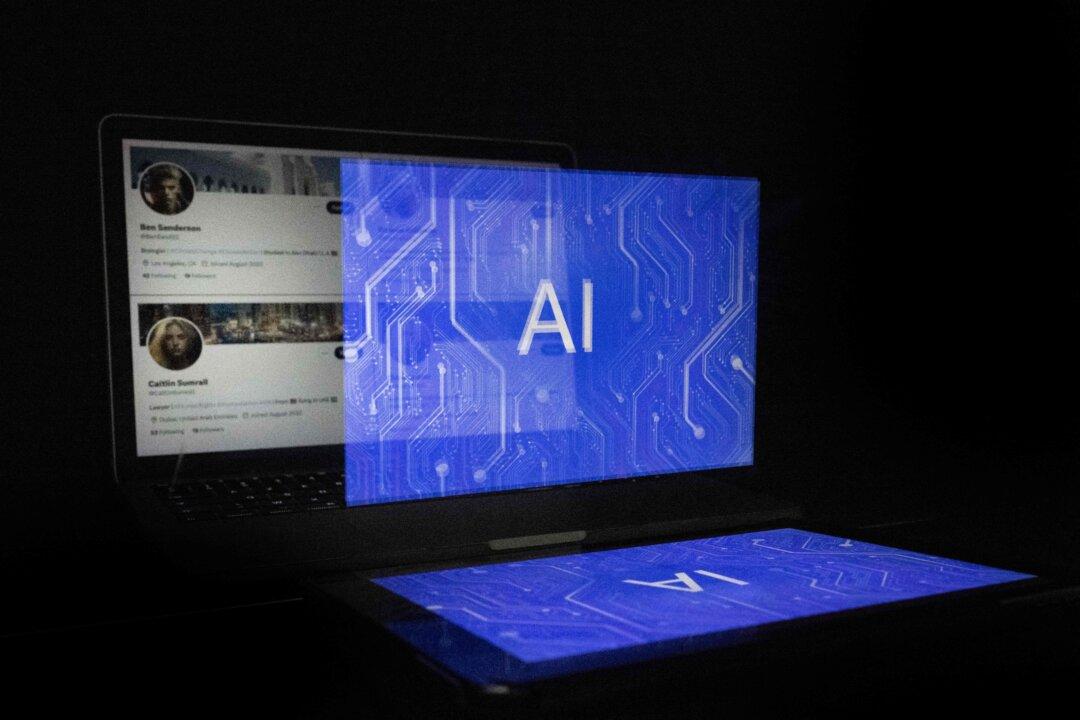A recent study has found that many artificial intelligence (AI) systems have already developed the ability to “deceive” humans with false information, posing serious risks such as election tampering.
The research study, published in the open-access journal Patterns on May 10, revealed that deception emerged in a wide range of AI systems that are trained to complete specific tasks, such as Meta’s AI system CICERO.





